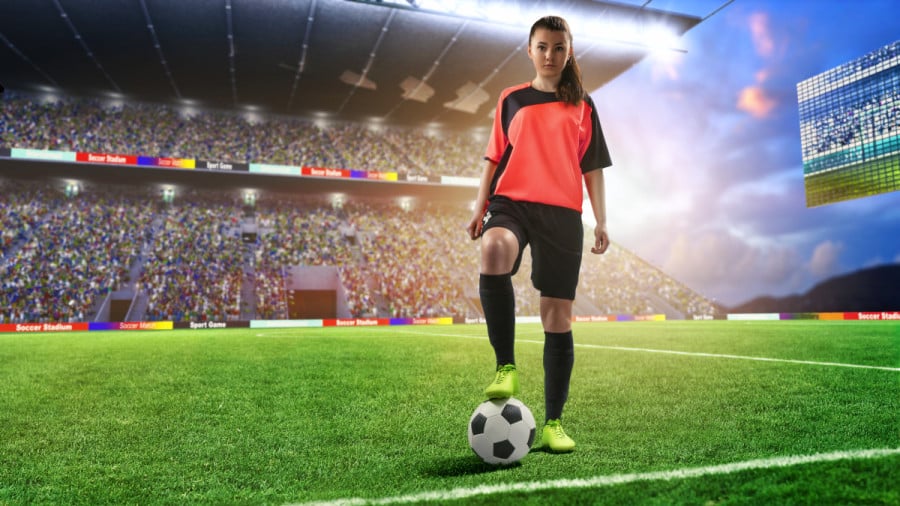The global development of women’s football – a review of the strategies being implemented by FIFA, UEFA and in Italy

In recent years we have witnessed an unprecedented and perhaps unexpected rise in women’s football1 worldwide with participation increasing, new competitions2 emerging and viewing figures growing year-on-year. Despite some criticism, FIFA and UEFA on the whole appear to appreciate the importance of empowering this movement and support it with several programs like the FIFA Women’s Football Commercial Programme and UEFA Women’s Football Development Programme, which aim to make women’s football more competitive, sustainable and appealing. Many national football associations, like the Italian FIGC (the author’s home association), are also following suit and carrying out reforms to try to reduce the gap between the men’s and women’s game and help women to play football in a more professional context.
This article provides a high-level overview of the strategies being implemented by FIFA and UEFA to promote the development of the women’s game, before turning to look at the progress being made in Italy.
To continue reading or watching login or register here
Already a member? Sign in
Get access to all of the expert analysis and commentary at LawInSport including articles, webinars, conference videos and podcast transcripts. Find out more here.
- Tags: Equality | FIFA | FIFPro | Football | Italian Football Federation (FIGC) | Italy | UEFA | Women's Football Strategy | Women's World Cup
Related Articles
- Image rights and international footballers: the curious case of Mohamed Salah and the Egypt Football Association
- Can a sports sanction constitute an illegal work restriction? A review of NCAA v. Coach Todd McNair
- Transparency International UK’s strategies for combatting corruption - A guide for sports organisations
Written by
Lucio Mazzei
Lucio Mazzei is an Italian sports lawyer. He graduated at Bocconi University in Milan and he attended to the ISDE L.LM in International Sports Law in Madrid. He worked for FIGC (Italian Football Association) and for several law firms specialized in Sports Law in Italy, Spain and Uruguay. He is a member of AIAS (Italian Sports Lawyer Association) and ISDE Alumni. He is also co-founder of Esports Law Review and Sports Talks at Calle Serrano.




